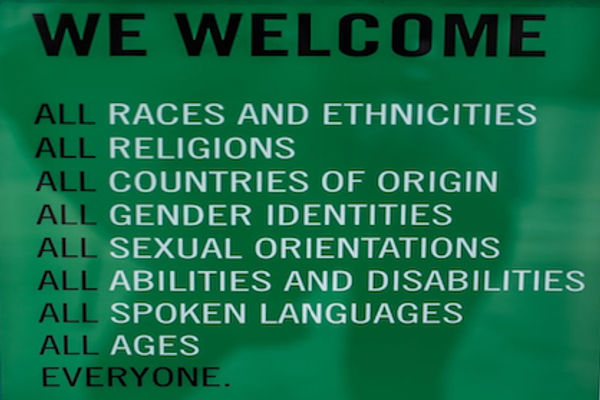Malcolm X, Medgar Evers, John Lewis, Thurgood Marshall, Dorothy Counts – all were incredibly important civil rights leaders and activists that I was never taught about in my public school history education. I was not taught about institutionalized racism and redlining. We mentioned immigration, but never talked about where in the world people came from or what motivated them to come here. What we learned was a product of the people who wrote our curriculums: the history of white people in America.
I am not alone in my experience; across our country, American students are taught an incomplete history. I am sure many of my fellow students at Furman also share this skewed education of our past. While there has been much to celebrate in the history of our country, there has also been much to mourn and condemn. An understanding of only white America is not a true understanding of America; in fact, it is a disservice to the plethora of knowledge we could learn from our history. As the next generation of Americans, we have an obligation to seek to improve the country we live in for those who come after us. While here at Furman, we can work through our courses to fill in the gaps in our understanding of America and the problems she faces.
Institutions like the University of Colorado Boulder, the University of Michigan, UCLA, Iowa State University, the University of Nebraska Omaha, and dozens of others throughout the U.S. have instituted graduation requirements for their students to attack these problems. A recent proposal from campus leaders here at Furman seeks to do the same, by using education as a tool for understanding and change. Many Furman courses already address these issues. For instance, African-American Experience would be an apt choice to learn more about the Civil Rights movement. The psychology course Stereotyping and Prejudice would help to understand how institutionalized racism and discrimination can come about. While these classes are available, there aren’t enough spaces for all students to take them during their time at Furman. By creating more of these courses and having students intentionally incorporate education about the diverse history of America, we can directly address some of these issues of inequality in our education of our past.
As we saw this past summer with the protests following the murders of George Floyd, Ahmaud Arbery, and Breonna Taylor, our country needs to address the systemic problems of racial injustice that have been perpetuated for centuries. As a school that directly benefited from the work of African slaves, the least we can do is make an intentional effort to understand the struggle of people of color in this country. I call on the University, our students, and our faculty to pass the changes outlined in the Campus Diversity Initiative and move us along the road towards a more equitable, accessible, and accepting America.
